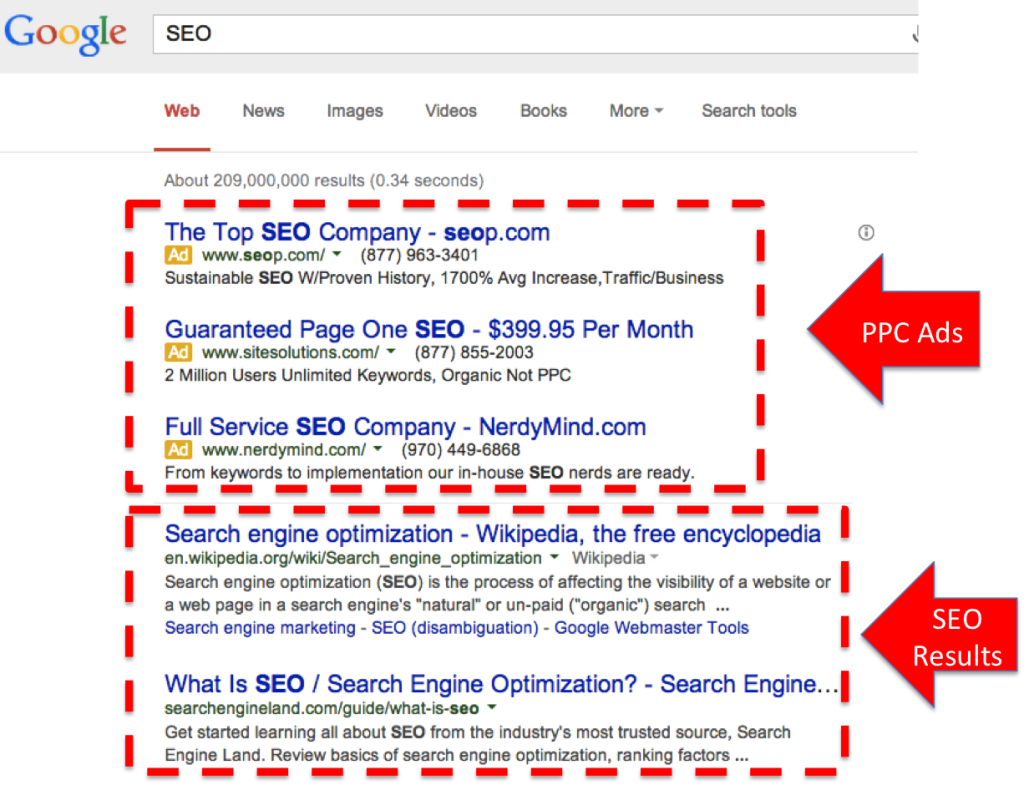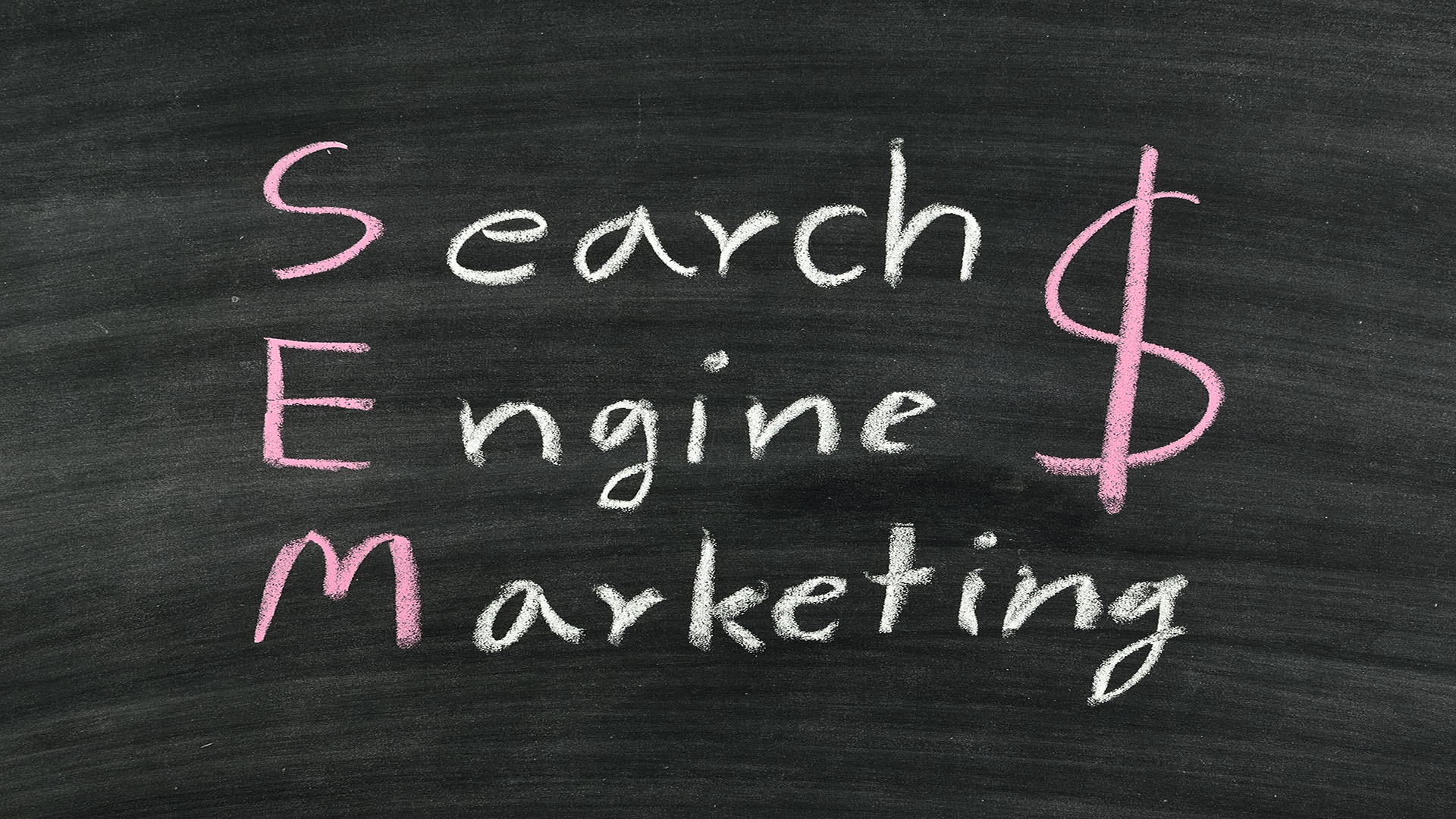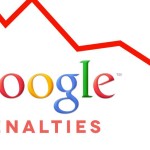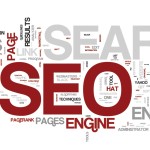Paid Search Engine Marketing
What is Paid Search Engine Marketing?
Paid Search Engine Marketing is nothing but a simple and scalable form of web marketing. It is designed to connect an advertisement to a searcher, who is searching for information that you want to provide. The connection can be made on the basis of keywords typed by a consumer, their needs, and your ranking on the search engines. Pay per click (PPC) is the most commonly used search marketing tool, and the concept behind it is relatively simple: you pay the search engine some money to take up your advertisement, and then you pay them every time your ad gets clicked on by a customer.
Is Paid Search Engine Marketing expensive?
Even though paid search engine marketing sounds complicated and expensive, it is the exact opposite. The logic behind it is simple, and so is the pricing. People assume that pay per click can turn expensive; however, the bright side of the picture is that your website gets visited every time you pay a very small amount for it. Your ad will only turn up on the search engine when a potential customer is looking for a similar product, and thus, may end up clicking and later buying a product from your website.

What’s the story behind the working of Paid Search Engine Marketing?
Most major search engines always return two types of results when someone is looking for something, that is, 1. Organic Results. 2. Paid Results.
Appearing in Google’s sponsored links requires entering an auction and competing with other bidders to win an advertising space. However, organic search marketing is free as you don’t need to pay any search engine for it. What people sometimes forget it is that ranking in a search engine’s top web pages is nearly impossible without brilliant Search Engine Optimization. This in itself is a very long and tedious process, which makes paid search engine marketing a simpler and more effective solution to a brand’s marketing needs. Entering into auctions for advertising space is also not all that difficult; as it only requires quality keywords which are highly relevant to the user’s search query, relevance of the ad, and eye-catching designs and layout. When designing a paid search campaign, you’ll want to question yourself as well, of course, like which are the pages that are underperforming in “natural or organic” (i.e. unpaid) searches on the top search engines and exactly what content is most crucial to win the people’s attention. As time moves forward, you’ll want to review your campaign periodically, to make sure that your original goals are met and to weigh exactly which phrases are earning you the most love from customers. And the keywords that you have originally selected aren’t working as well as you’d hoped, then it will be time to use some new ones up the flagpole and see who salutes.
It may take a little practice and lot of patience, but a strategic marketing campaign will definitely help you and your business grow and take over the markets!








